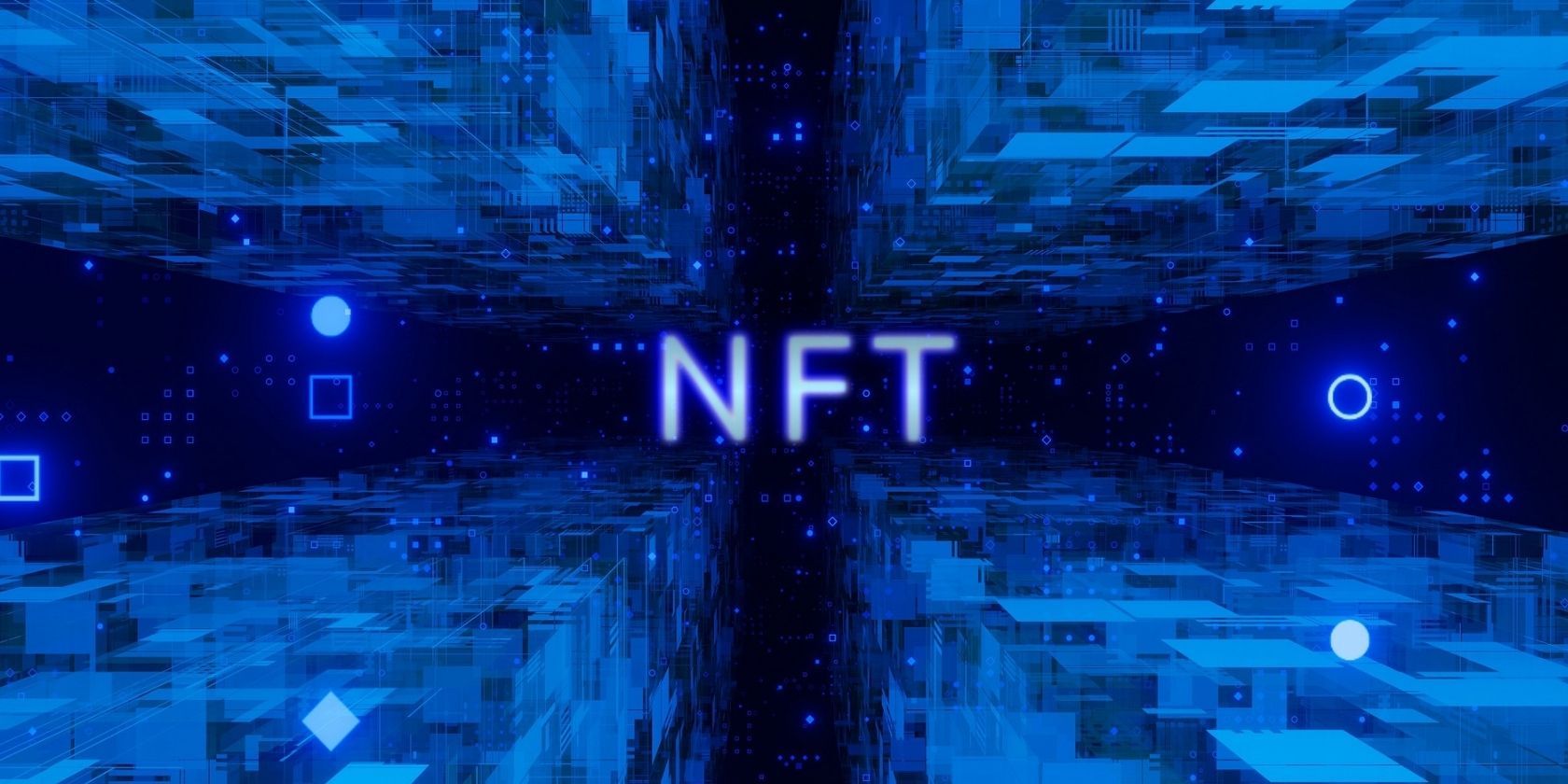As the crypto and NFT industries have grown exponentially over the past few years, new niches in the market have opened, including NFT or play-to-earn crypto games. And while making a profit and enjoying yourself may seem like a dream come true, several risks come with these new kinds of games.
One of the most concerning possibilities is the chance of an NFT game shutting down entirely. So, do players get left empty-handed when this happens, or is there a more hopeful alternative?
What Is an NFT Game?
Before we get into the specifics of shutting down an NFT game, let's recap what they are.
NFT (or play-to-earn) games involve using NFTs as in-game currency. While many traditional games have an in-game currency that is entirely fictional and has no real-world value, NFT games offer players the chance to make money by buying and selling non-fungible tokens as they progress.
These games also often have their own native tokens. Take Axie Infinity, for example. This hugely popular play-to-earn NFT game has two native tokens, Smooth Love Potion (SLP) and Axie Infinity Token (AXS). SLP is earned from farming within the Axie Infinity world, while AXS can be earned from climbing the player leaderboard.
On top of this, each in-game character (known as an Axie) is an NFT in and of itself. These have varying properties and prices and can be bought on sold on third-party marketplaces such as OpenSea. But there is a significant risk that every player takes when investing money into an NFT game like Axie Infinity. As with all games, there is always a chance that any given NFT game will shut down.
The Instability of NFT Games and Projects
At the moment, the NFT game industry is still in its infancy. Mistakes are regularly being made by developers and players alike, so it's no surprise that a number of NFT games are already being shut down or canceled before launch.
Given that NFTs are pretty controversial, many companies have received significant public backlash after announcing a new NFT game or the addition of NFTs to an existing game. For example, British game developer Team17 received a lot of heat in early 2022 after announcing its new MetaWorms NFT project in conjunction with its successful Worms game series.
As you might have guessed, this surge of backlash resulted in Team17's developers canceling the MetaWorms NFT project, and it may be some time before we ever see them delve into the world of decentralization again.
Though the cancelation of projects before launch can take a chunk out of a company's wallet, luckily, no players or customers are left in the dark. However, when an NFT game already has a player base and then pulls the plug, things can get a little messy. This is what we saw happen with Formula 1's Ethereum-based NFT game in April 2022.
The Official F1 NFT Game Shuts Down
In 2019, Animoca Brands, a Chinese game software development company, launched F1 Delta Time. Of course, F1 Delta Time incorporated racing into its gameplay, but the cars themselves came in the form of NFTs.
As the popularity of the game grew, the prices of the NFT cars grew, too. In 2020, an NFT produced for Formula 1's 70th anniversary sold for a mammoth $265,000. Another sold for an incredible $288,000, though it's thought that the price hike was fueled by the fact that the proceeds would be used to help in the Australian bush fires. In any case, it's safe to say that the F1 Delta Time NFTs were becoming prized assets, with players pouring huge amounts of money into the game.
But it's important to remember here that Formula 1 itself did not develop this game, and it's a different product from watching F1 live. Animoca Brands had to license the F1 trademark for the game, and all licenses have their expiry dates. It's the expiry of Animoca Brands' F1 license that led to the announcement of the game's closure on March 16th, 2022.
The closure of a widely-loved game is always unfortunate, but things get that much more complicated when players have already invested hundreds of thousands of dollars of their money into the game. Because the value of NFTs is subjective and often relies on exclusivity and demand, the shutdown of F1 Delta Time put its players in a very risky position.
At the point of F1 Delta Time's closure, all of its NFTs became worthless, as their value depended entirely on the game itself. So, what were players to do after they'd sunk thousands into something that is now worth nothing at all?
Well, Animoca Brands knew that they couldn't just pull the plug and move on. Compensation had to be given to their players to avoid widespread backlash and possible legal action. So, the company announced that they would "ensure that current owners of F1® Delta Time assets are rewarded for their loyalty and support." But what exactly does this entail?
Well, Animoca Brands has listed a few ways through which their players will be now compensated, which include the issuance of replacement cars that can be used in other games, swapping your NFT car for airdrop access or a "Race Pass," and swapping other Delta Time properties for proxy assets. These assets can be used to buy future NFT products within Polygon's REVV ecosystem.
Of course, most players would rather compensation in the form of a refund, but it doesn't seem like this is part of Animoca Brands' process. In short, F1 Delta Time's closure stands as a lesson on just how unpredictable the NFT world really is.
NFT Games Can Be Lucrative, but Are Not a Sure Thing
Everyone has read stories about regular people becoming millionaires overnight through the purchase and sale of NFTs, and NFT games make this process that much more interesting and interactive. But the NFT market does not stand on solid ground. There are still many ways to lose money in this industry, and NFT games are not exempt from this risk. This is why it's so important to be extremely careful when investing any amount of money into an NFT game.


.jpg)

